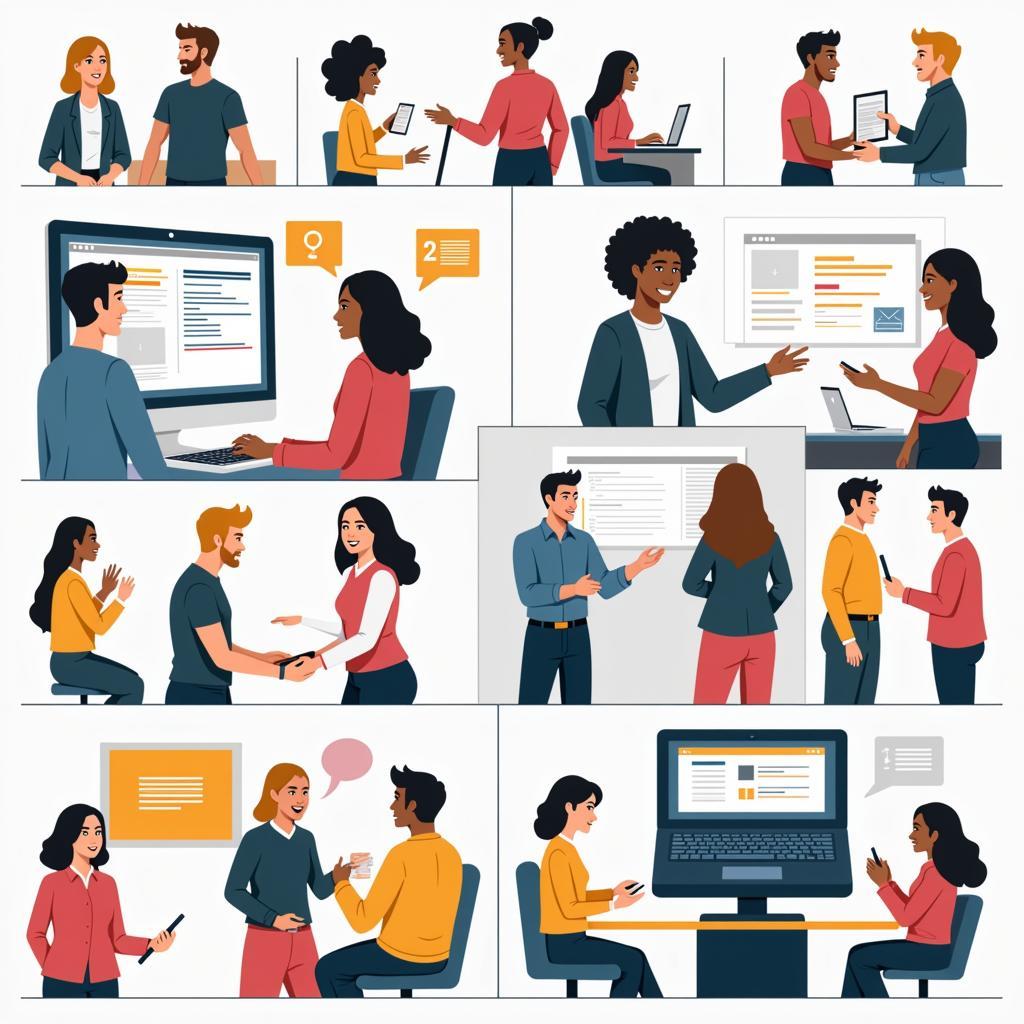Who Are the Stakeholders in Career Services?
Career services play a crucial role in helping individuals navigate the ever-evolving job market and achieve their professional aspirations. But have you ever wondered who are the key players behind these services? Understanding the stakeholders involved can provide valuable insights into the dynamics and effectiveness of career support systems.
This article delves into the diverse group of individuals and organizations invested in the success of career services, examining their roles, responsibilities, and the impact they have on shaping career journeys.
The Key Players: Identifying the Stakeholders
Career services operate within a complex ecosystem, with each stakeholder bringing unique perspectives and contributions to the table. Let’s explore the primary stakeholders who shape the landscape of career development:
1. Students and Job Seekers: As the primary beneficiaries of career services, students and job seekers rely on these resources to gain a competitive edge in the job market. They actively seek guidance on career exploration, resume writing, interview skills, and job search strategies.
 Students Using Career Services
Students Using Career Services
2. Educational Institutions: Colleges and universities invest heavily in career services to equip their students with the necessary tools and resources for a successful transition into the workforce. They recognize the importance of career readiness in attracting prospective students and ensuring the long-term success of their alumni.
3. Employers: Companies seeking qualified candidates are vital stakeholders in the career services ecosystem. They rely on career centers to connect with potential hires, participate in career fairs, and provide feedback on the skills and qualifications they seek in job applicants.
4. Career Services Professionals: Career counselors, advisors, and other professionals working within career services departments are the backbone of these support systems. Their expertise in career development, industry knowledge, and counseling skills empower individuals to make informed career decisions.
5. Government Agencies: Recognizing the importance of a skilled workforce, government agencies often play a role in shaping career services through funding, policy development, and initiatives aimed at addressing workforce needs and promoting employment opportunities.
The Interplay of Stakeholders: Collaboration and Impact
The effectiveness of career services hinges on the collaboration and shared goals of these various stakeholders.
For instance, strong partnerships between educational institutions and employers can lead to internships, apprenticeships, and job placements that align with industry demands. Similarly, when government agencies provide funding and resources, it enables career services to expand their reach and offer comprehensive support to a wider population.
Conclusion: A Shared Vision for Career Success
Understanding “Who Are The Stakeholders In Career Services” is crucial for recognizing the interconnectedness of this ecosystem. By fostering strong relationships and working towards shared goals, these stakeholders can collectively empower individuals to achieve their full potential and contribute to a thriving economy. Are you ready to take charge of your career journey? Explore the resources available through CarServiceOnline and connect with our network of experts today!

